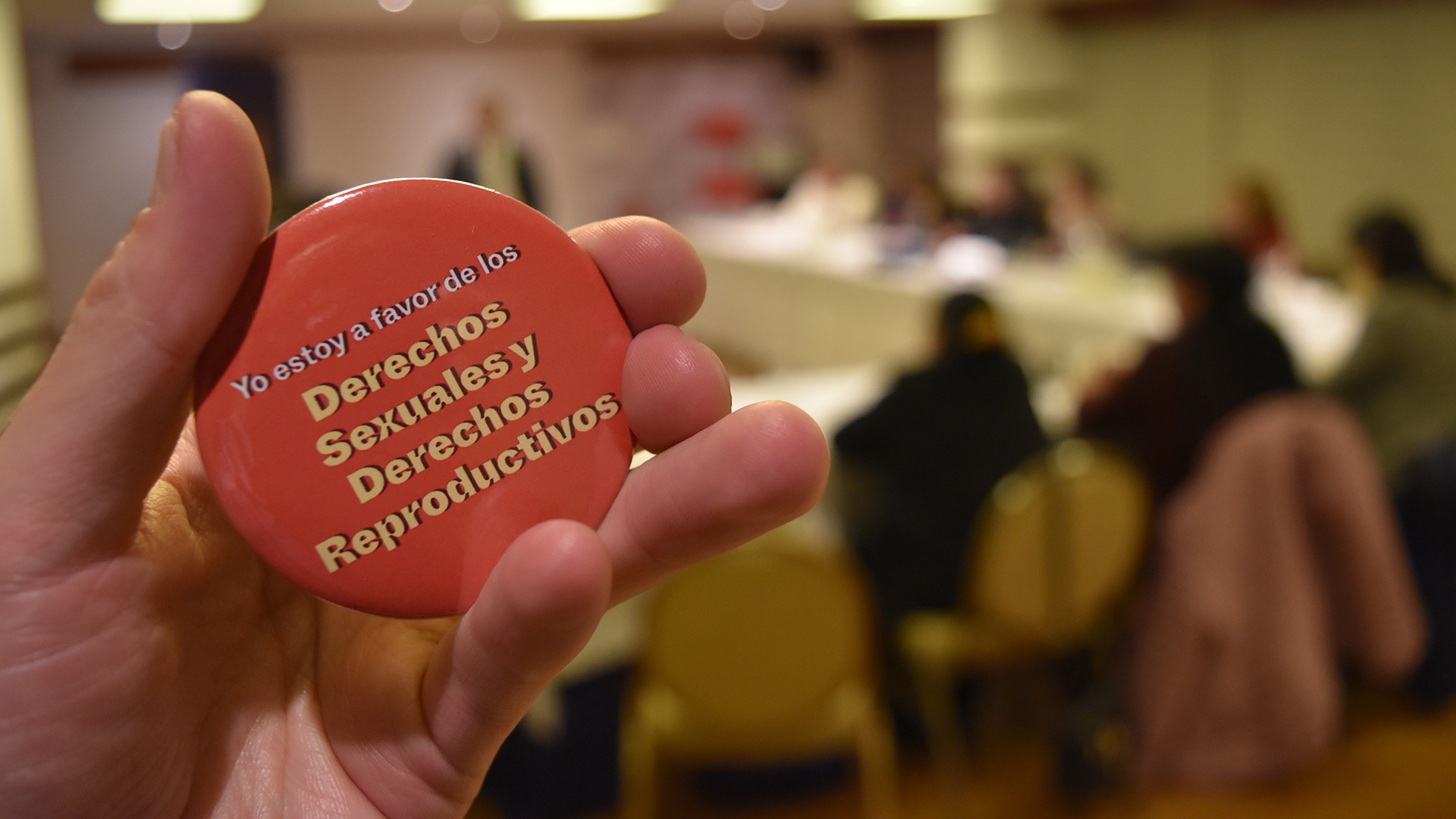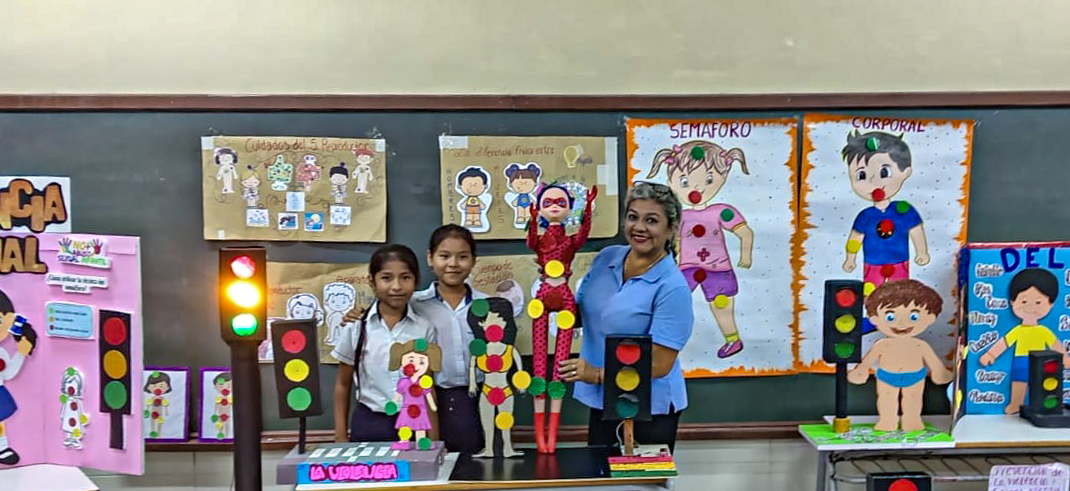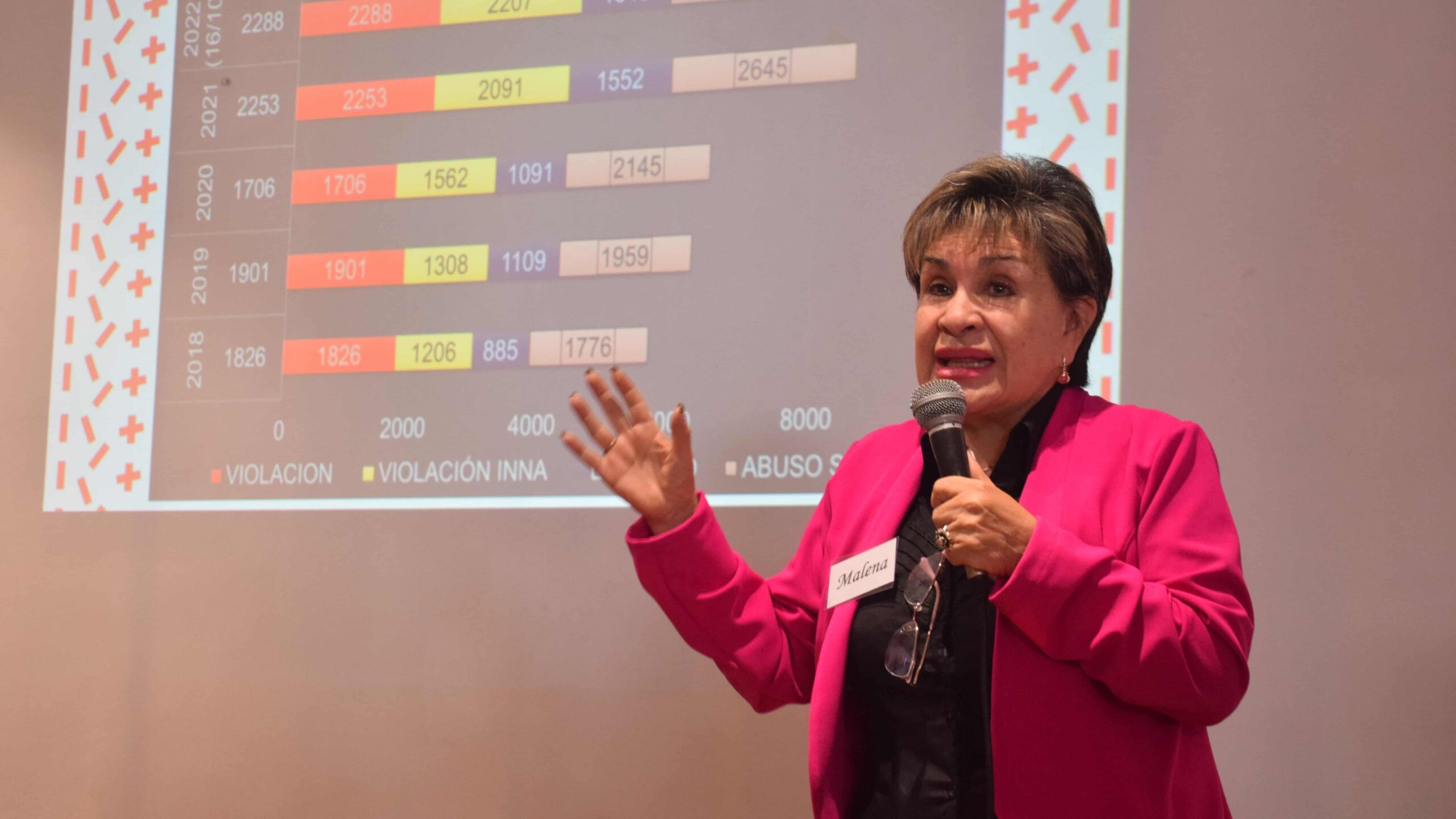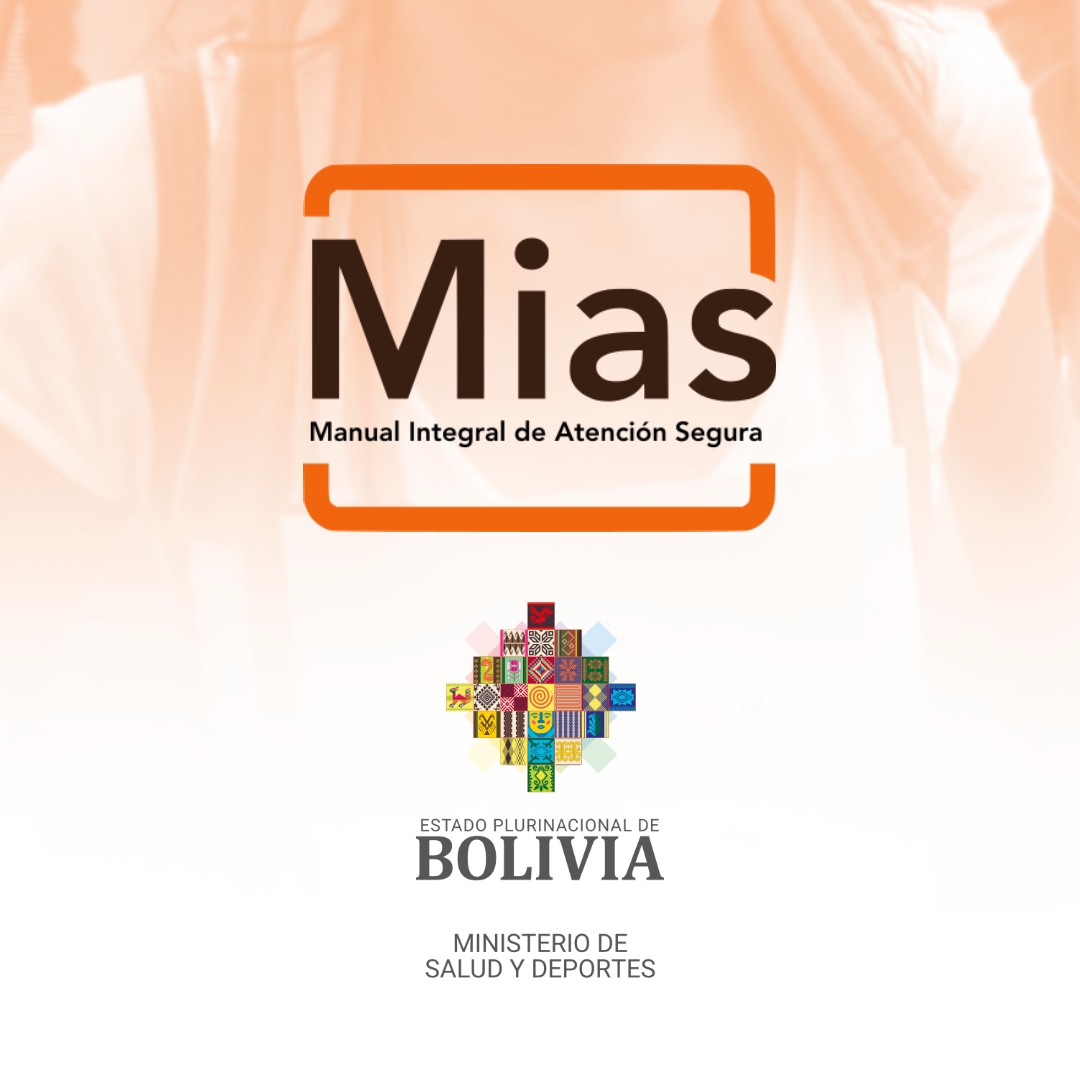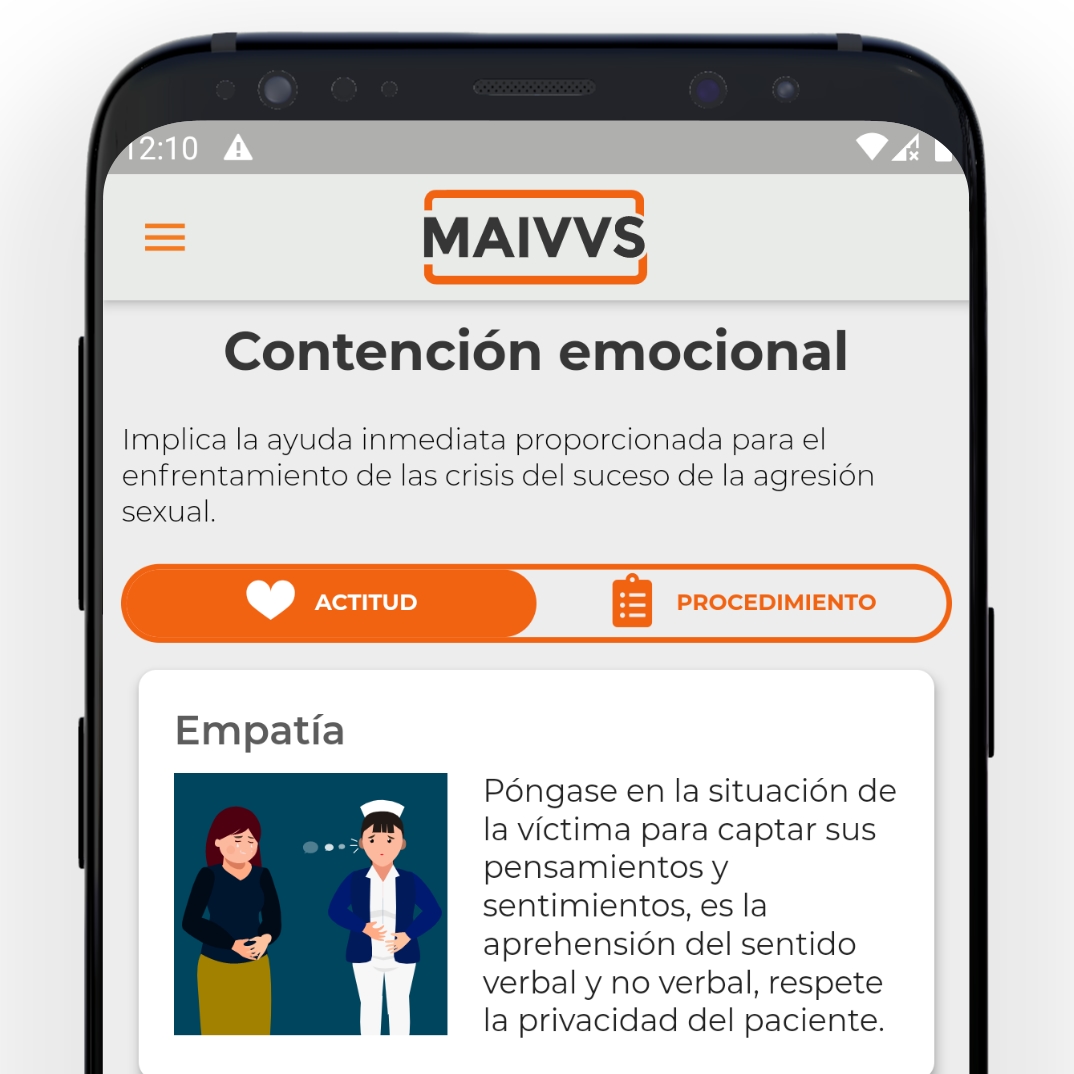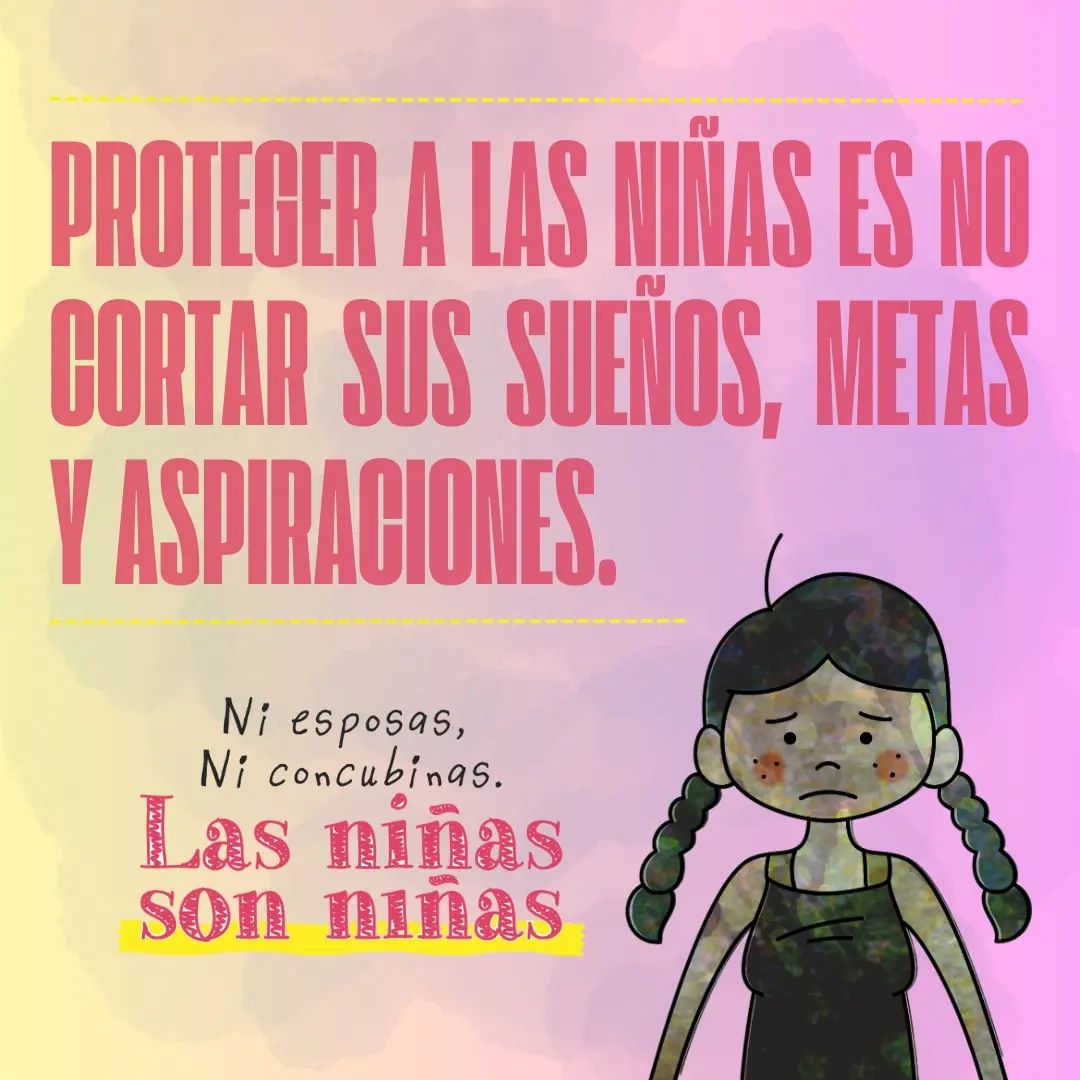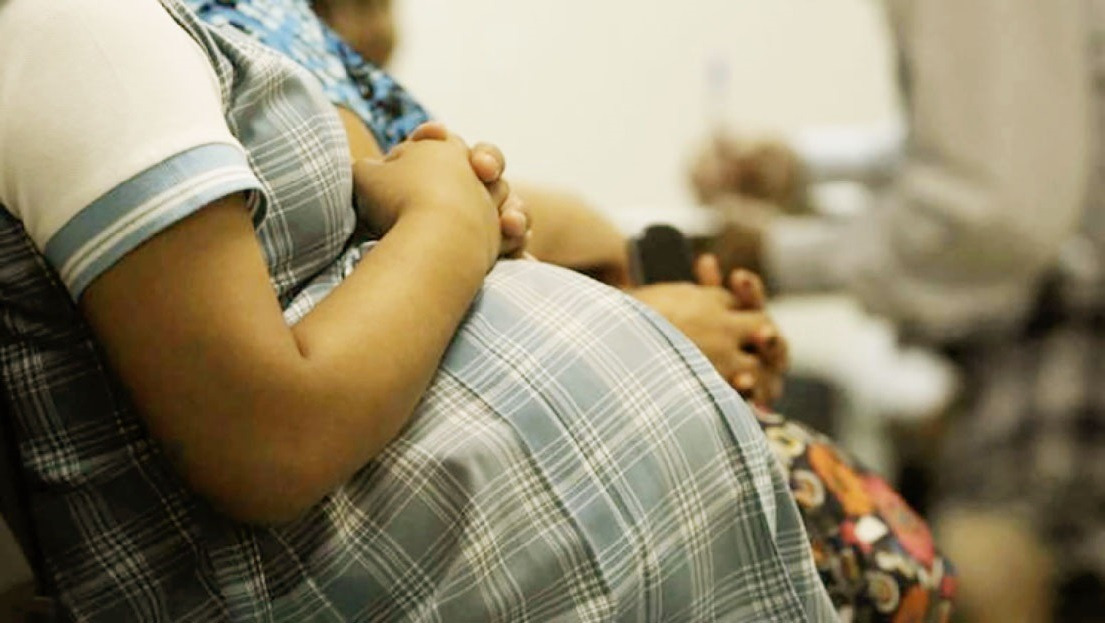Cases of pregnancies in girls and adolescents in 2023 totaled 22,177; of these, 1,302 were in children under 15 years of age, according to preliminary data from the National Health Information and Epidemiological Surveillance System of the Ministry of Health and Sports (SNIS).
The figure of 22,177 cases in 2023 means an average of 61 teenage pregnancies every day; many are the result of rape, given that the Attorney General’s Office (FGE) reported that last year there were 11,450 acts of sexual violence in the country, 40% of which were perpetrated against girls and adolescents under 19 years of age.
Adolescent pregnancy and early motherhood can not only be detrimental to the personal development of girls and/or adolescents, as well as their family environment, but also generate other costs that could be avoided by preventing early pregnancies.
According to the study “Socioeconomic consequences of teenage pregnancy in Bolivia” (2022) by the Ministry of Health and Sports, which implements the methodology to estimate the socioeconomic impact of teenage pregnancy and motherhood in Latin American and Caribbean countries – MILENA 1.0, “women who were mothers in adolescence had 2.7 times fewer opportunities to obtain a university degree than those who decided to postpone their motherhood to young adulthood. On average, while 20.3% of women who were mothers in young adulthood achieved university studies, only 7.4% of women who were mothers in adolescence reached that level”.
It also shows that women who were mothers in adolescence earn on average 28.1% less relative to those who postponed childbearing to young adulthood. The average annual labor income of adolescent women (who had a child between the ages of 10 and 19) is equivalent to US$3,815, while young adult women (who had a child between the ages of 20 and 29) earn US$4,888.
The report also points out that women who were mothers as adolescents tend to have suboptimal employment trajectories, which make them more likely to fall into poverty and/or may contribute to making it more difficult for them to find the conditions to escape from poverty.
PREVENTION
The Korea International Cooperation Agency (KOICA) works in the municipalities of La Paz, El Alto; Cercado and Sacaba in Cochabamba, under the project “Promoting gender equality for the exercise of sexual and reproductive rights of adolescents in Bolivia 2021-2025”, seeking the prevention and reduction of teenage pregnancy, access to information on sexual and reproductive health and rights, prevention and response to gender-based violence, with emphasis on sexual violence, by strengthening comprehensive services such as Comprehensive Adolescent Care (AIDA).

